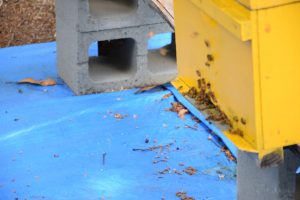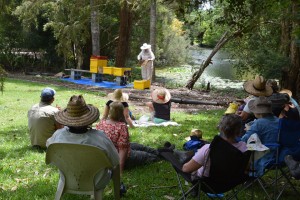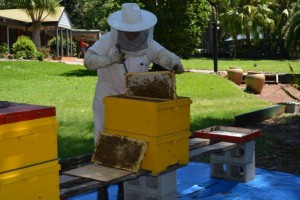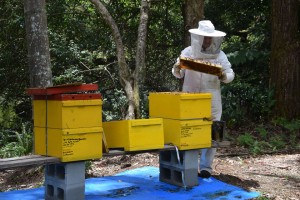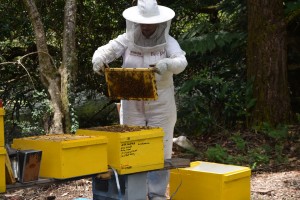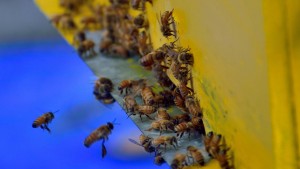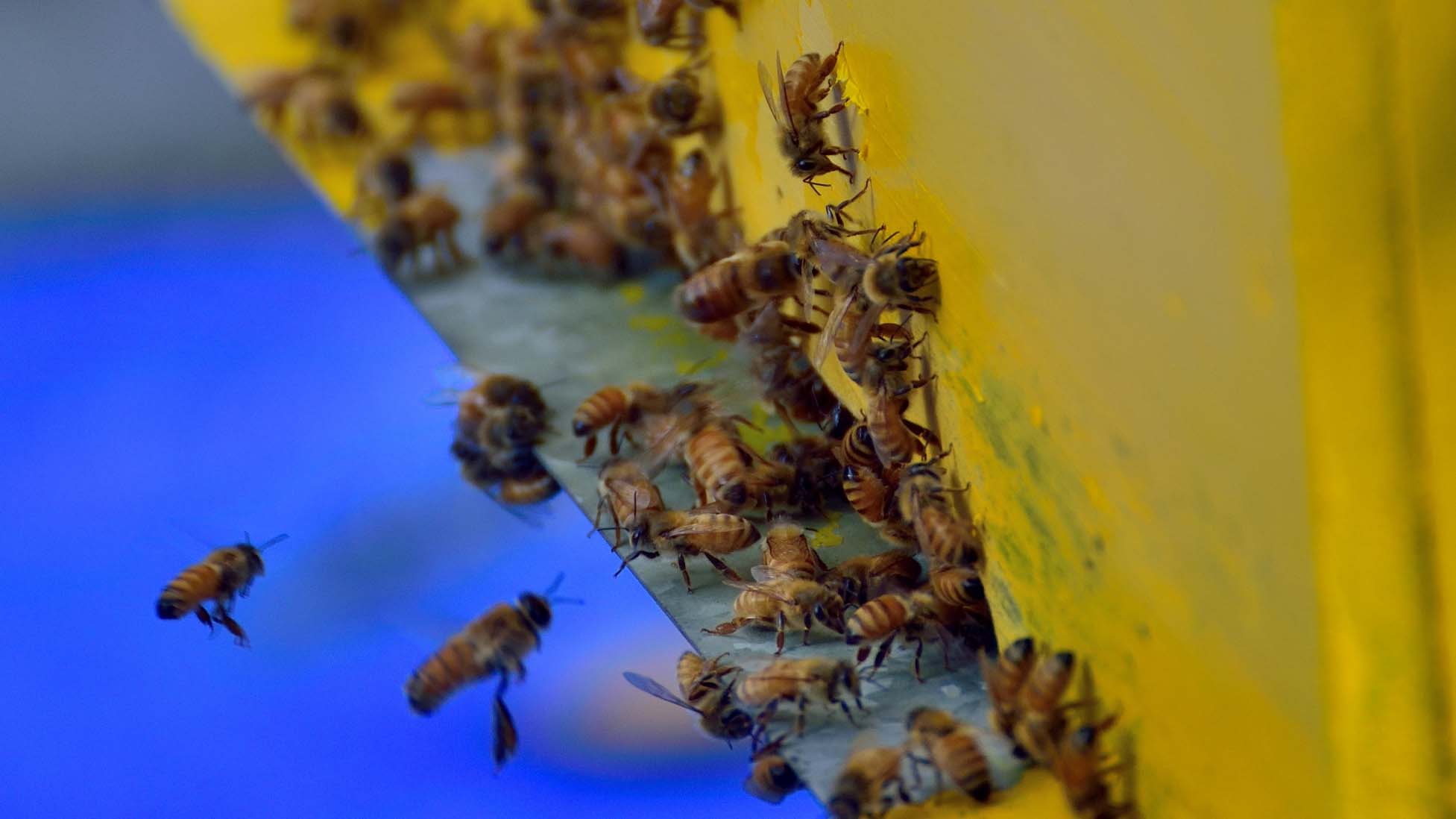
The Bee Hive Journey to Ethical Accommodation
What is Ethical Accommodation
I remember reading once about Ethical Accommodation being described as follows:
Long before eco-chic hit the holiday scene, we were awarding special status to owners who look out for the environment, contribute to their community and prove their passion for local and organic food.
That sounded like the sort of property owner I wanted to be. Do no harm. Be able to be generous and offer produce to others.
Ethical Accommodation with bees
Ethical Accommodation is made up of lots of different aspects.
Bees play such important role in our eco system.
I believe one person can make a difference. It might not be a big difference but what if a lot of people made enough small differences to save the bees? So I decided to find out what I could about what was involved.
Native Bees
I headed off to a Native Bee workshop down at Landsborough which was really interesting. Native bees tend to fly about 500 m from their hives. I was surpised it was so limited. There were lots of different types on native bees and primarily they are not so good at providing honey but the honey for me was secondary to what was more important. Provide a safe and healthy space for bees to grow and multiply. I had read they were losing 30% of the global population each year!!
I also knew enough to know without bees our agriculture production grinds to a halt.
The native bee workshop focused quite a lot on splitting hives where bees had swarmed andset up residence, like the hollow of tree trunks, bird and possum nests & letterboxes
European Bees
I went to a one day workshop held by Adopt A Bee Hive late in 2015. You can read all about the workshop here, called A beginners Perspective of the Bee Workshop .
several thinks stood out for me. One was the European bees will travel more like 5 km than 500 metres in search of food.
Following the workshop and after having Paula come and inspect my property I have now been approved as a sanctuary and will be able to house not only mine but other bee hives in my grounds. I currenly have 2 hives. Below are some images from a work shop held here when Paula showed the students how she maintains the hives


